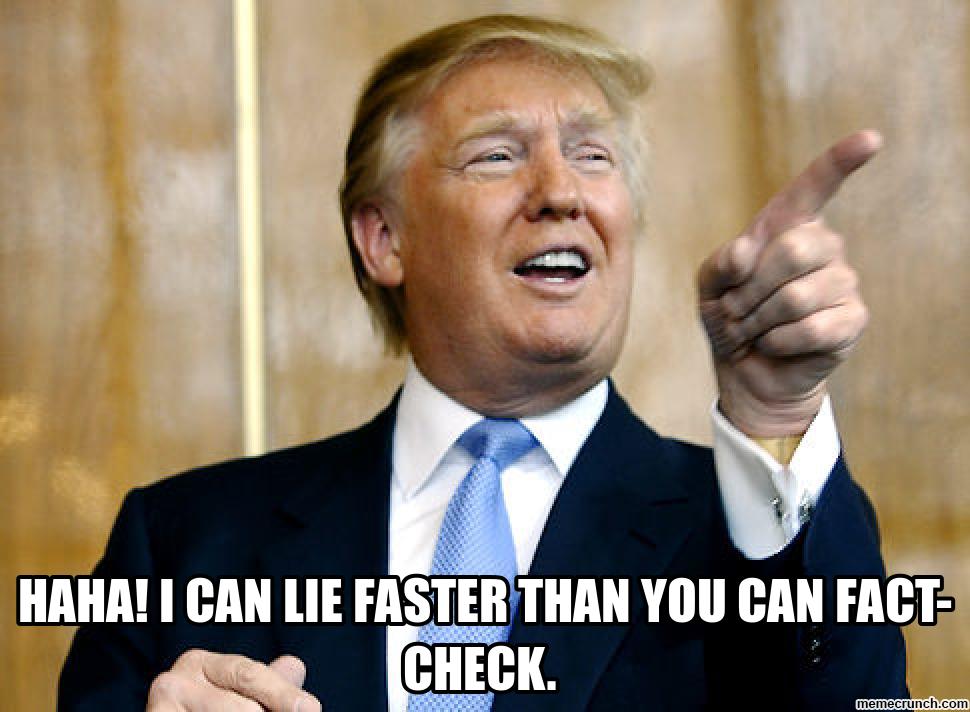PoliticalChic
Diamond Member
....and why Democrats celebrate that devolution.
1. Under discussion was the Virginia Plan..
"On May 29, 1787, Virginia delegate Edmund Randolph proposed what became known as "The Virginia Plan." Written primarily by fellow Virginian James Madison, the plan traced the broad outlines of what would become the U.S. Constitution: a national government consisting of three branches with checks and balances to prevent the abuse of power. In its amended form, this page of Madison's plan shows his ideas for a legislature. It describes 2 houses: one with members elected by the people for 3-year terms and the other composed of older leaders elected by the state legislatures for 7-year terms. Both would use population as a basis for dividing seats among the states."
Our Documents - Virginia Plan (1787)
On this, Madisonians were adamant: America could not have a king.
2. Alexander Hamilton rose to give a six-hour lecture to the assembled in Philadelphia championing a view that left the assembly aghast!
".... my own ideas are so materially dissimilar to the plans now before the committee. ... no amendment of the confederation can answer the purpose of a good government, so long as state sovereignties do, in any shape, exist; .... I believe the British government forms the best model the world ever produced,.... you cannot have a good executive upon a democratic plan. See the excellency of the British executive. He is placed above temptation. He can have no distinct interests from the public welfare. Nothing short of such an executive can be efficient. an executive is less dangerous to the liberties of the people when in office during life, than for seven years. It may be said, this constitutes an elective monarchy..."
http://founders.archives.gov/documents/Hamilton/01-04-02-0098-0004
a. "In a testament to their belief that men are able to govern themselves, that Congress should be the strongest branch of government , that a government of limited powers provides the best protection of individual liberty, the delegates were so dismissive of Hamilton's proposal that they declined even to debate it."
Mike Lee, 'Our Lost Constitution," p. 58
3. This lesson from history frames the question to be asked by all Americans today. The answer should dictate one's views of contemporary history.
Think it over:
An 'elected monarch' or a limited constitutional government?
Which do you choose for America??
There are, in fact, millions who favor Hamilton's view. They are Liberals, Democrats, Fascists, Communists, Progressives, Socialists and Nazis.
They are not Americans.
But....under the 'perfect storm' of economic upheaval....all of that changed: Hamilton would have been filled with glee!
Coming right up.
1. Under discussion was the Virginia Plan..
"On May 29, 1787, Virginia delegate Edmund Randolph proposed what became known as "The Virginia Plan." Written primarily by fellow Virginian James Madison, the plan traced the broad outlines of what would become the U.S. Constitution: a national government consisting of three branches with checks and balances to prevent the abuse of power. In its amended form, this page of Madison's plan shows his ideas for a legislature. It describes 2 houses: one with members elected by the people for 3-year terms and the other composed of older leaders elected by the state legislatures for 7-year terms. Both would use population as a basis for dividing seats among the states."
Our Documents - Virginia Plan (1787)
On this, Madisonians were adamant: America could not have a king.
2. Alexander Hamilton rose to give a six-hour lecture to the assembled in Philadelphia championing a view that left the assembly aghast!
".... my own ideas are so materially dissimilar to the plans now before the committee. ... no amendment of the confederation can answer the purpose of a good government, so long as state sovereignties do, in any shape, exist; .... I believe the British government forms the best model the world ever produced,.... you cannot have a good executive upon a democratic plan. See the excellency of the British executive. He is placed above temptation. He can have no distinct interests from the public welfare. Nothing short of such an executive can be efficient. an executive is less dangerous to the liberties of the people when in office during life, than for seven years. It may be said, this constitutes an elective monarchy..."
http://founders.archives.gov/documents/Hamilton/01-04-02-0098-0004
a. "In a testament to their belief that men are able to govern themselves, that Congress should be the strongest branch of government , that a government of limited powers provides the best protection of individual liberty, the delegates were so dismissive of Hamilton's proposal that they declined even to debate it."
Mike Lee, 'Our Lost Constitution," p. 58
3. This lesson from history frames the question to be asked by all Americans today. The answer should dictate one's views of contemporary history.
Think it over:
An 'elected monarch' or a limited constitutional government?
Which do you choose for America??
There are, in fact, millions who favor Hamilton's view. They are Liberals, Democrats, Fascists, Communists, Progressives, Socialists and Nazis.
They are not Americans.
But....under the 'perfect storm' of economic upheaval....all of that changed: Hamilton would have been filled with glee!
Coming right up.

 PoliSpice
PoliSpice 
 Why not just have one for all your rw cutnpaste
Why not just have one for all your rw cutnpaste